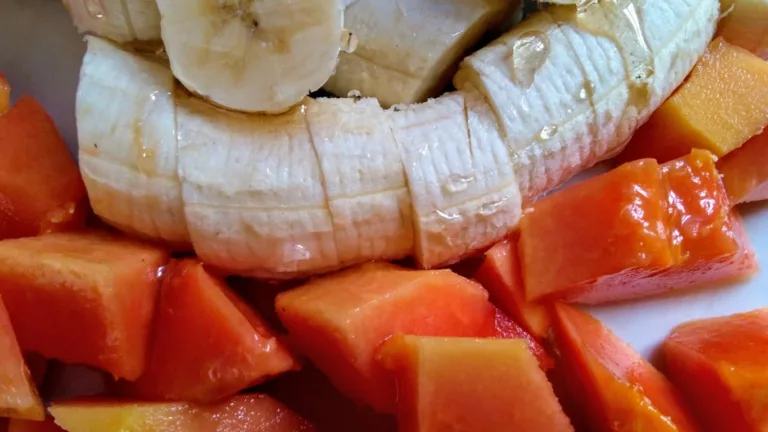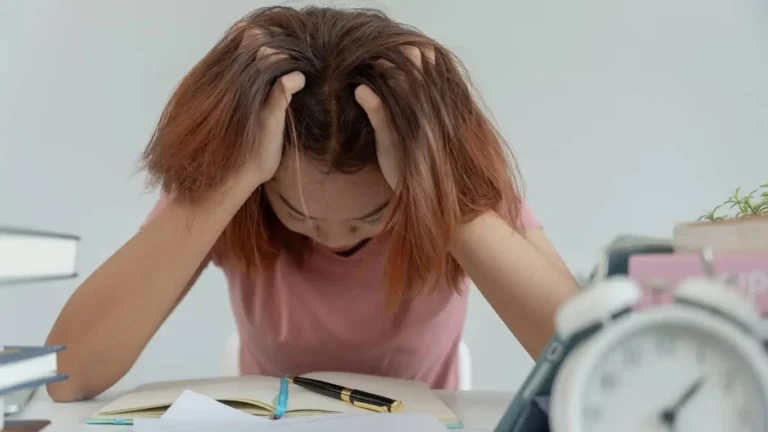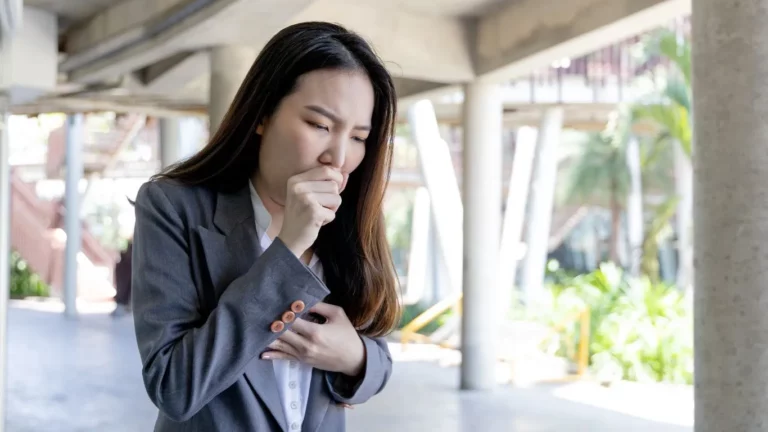Is Sparkling Water Bad for Hypertension? The Truth May Surprise You
Is sparkling water bad for hypertension? It’s a question I hear more often than you’d think. As an Internal Medicine physician who deals with hypertension daily, I’ve seen a steady rise in the number of patients swapping sugary sodas for bubbly alternatives. And hey, I get it—sparkling water feels like a treat without the sugar crash. But is it really a heart-healthy swap, especially if your blood pressure tends to creep higher than it should? Let’s dig into what you really need to know—based on science, clinical experience, and a little common sense.
So… What *Exactly* Is Sparkling Water?

Okay, quick refresher here. Sparkling water is basically water infused with carbon dioxide under pressure. That’s what gives it that fizzy kick. You might see it labeled as:
- Carbonated water
- Seltzer
- Club soda
- Mineral water (with bubbles)
But not all sparkling waters are created equal. And that’s where things get interesting (and potentially problematic) for those managing high blood pressure.
Is Sparkling Water Bad for Hypertension? Let’s Break It Down

1. Sodium Sneak Attack: Not All Sparkling Waters Are Salt-Free
This is a big one. Some types of sparkling water—especially club sodas and mineral waters—contain added sodium. And for folks with hypertension, sodium is public enemy number one. Even small amounts can add up fast.
Here’s a real-world example from my own clinic. I had a patient who was *doing everything right*: low-sodium diet, regular exercise, even managing stress (which is no small feat these days). But her blood pressure wasn’t budging. Turns out, she’d been drinking 2-3 cans of sparkling mineral water a day, thinking it was harmless. Each can had around 75mg of sodium. Doesn’t sound like a lot, right? But multiply that by three a day, every day—and suddenly, it’s enough to stall progress.
Always—and I mean always—check the nutrition label. You want to look for options that say 0mg sodium. The plain, unflavored sparkling waters usually fit the bill.
2. Flavored vs. Unflavored: What’s Hiding in That Can?
Many of the popular sparkling waters come in fun flavors—lemon, black cherry, cucumber mint, you name it. But just because the label says “natural flavors” doesn’t mean it’s free of additives that could raise your blood pressure or mess with your kidneys. Some of these beverages sneak in:
- Caffeine – Even in small doses, it can cause a temporary spike in blood pressure.
- Phosphates – Common in cola-style sparkling waters and linked to cardiovascular risks in people with kidney disease.
- Artificial sweeteners – There’s still debate here, but some studies suggest a possible connection to metabolic syndrome and high BP.
I usually tell my patients: if you wouldn’t eat it off a spoon, don’t drink it in a can. The fewer mystery ingredients, the better.
3. What Does the Research Actually Say?
So far, there isn’t strong evidence that plain sparkling water directly increases blood pressure. A few smaller studies even suggest it might improve satiety and hydration, which can help with weight control—and by extension, BP management.
But again, that’s plain sparkling water we’re talking about—not club soda, not tonic water, and definitely not anything with added sodium or sweeteners.
Here’s where I apply a little clinical intuition: when patients cut out sodium-laden or artificially flavored sparkling waters, we often see their BP drop a few points over time. That’s not a placebo. That’s physiology doing its thing.
Other Factors That Might Be at Play
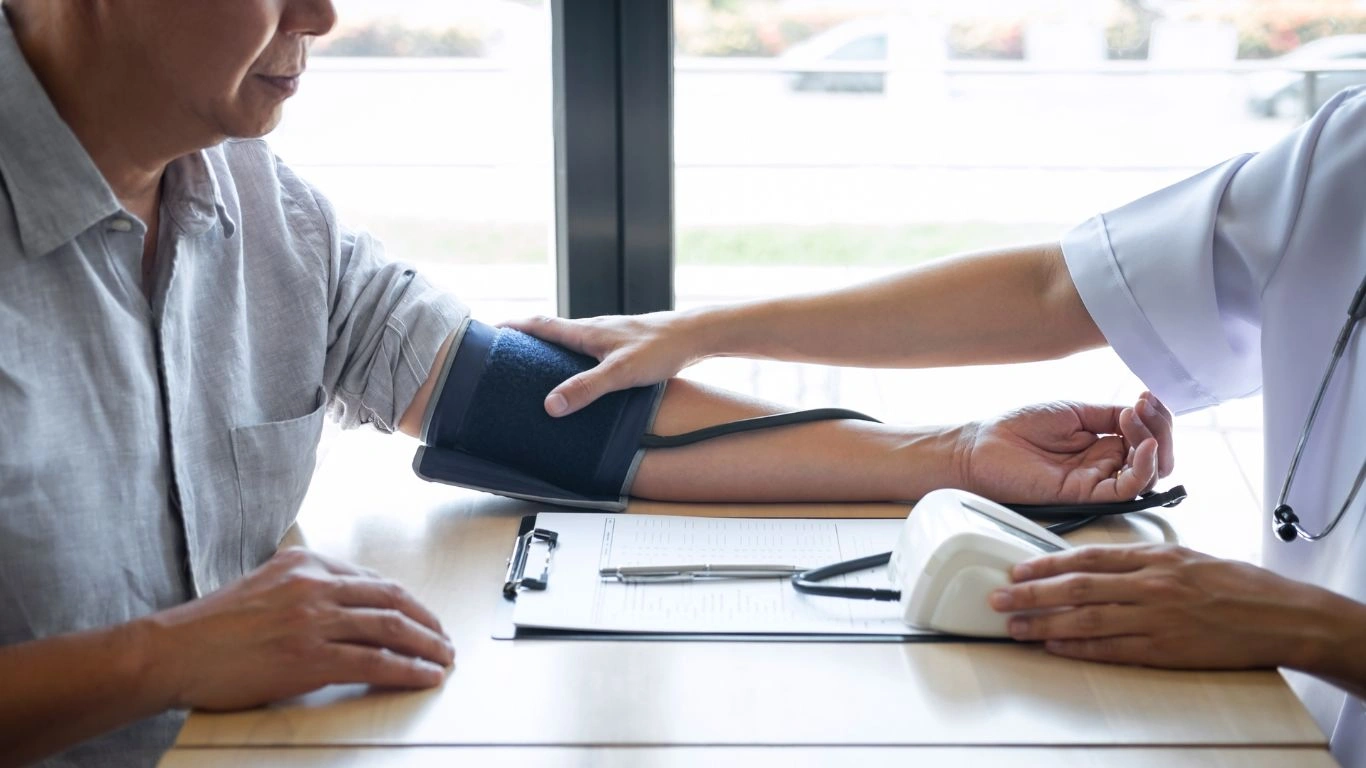
Hydration Matters
Staying properly hydrated helps keep your blood vessels flexible and supports kidney function. Dehydration, on the other hand, can lead to increased blood volume concentration—pushing your pressure higher.
If switching to sparkling water helps you drink more fluids (without sugar, caffeine, or sodium), that’s generally a win. I tell my patients: hydration is like blood pressure’s silent helper.
Carbonation and Bloating: A Surprising Connection
Okay, this one’s more anecdotal, but I’ll share it anyway. Some of my patients complain that carbonation makes them feel bloated or “tight.” That can mimic the sensation of elevated blood pressure—chest pressure, shortness of breath, etc.—even when the numbers are stable. It’s not dangerous, but it can make people anxious.
If that’s you, maybe save the bubbles for the afternoon, not right before bed or your BP check.
The Mental Side: Sparkling Water as a Soda Substitute
Here’s one thing I love about sparkling water—it can help break the soda habit. And that alone is worth cheering for. Soda (regular or diet) is linked with higher BP, increased inflammation, and higher risk of metabolic syndrome. If switching to sparkling water is your stepping stone to better habits, I’m all for it.
Just be strategic. Keep it clean. And be label-savvy.
Can Carbonation Itself Affect Blood Pressure?

Let’s talk bubbles—the carbonation part. I’ve had more than one patient ask if the actual *fizz* in sparkling water could affect blood pressure. It’s a fair question. The science here isn’t super robust, but here’s what we do know:
Carbonation by itself doesn’t directly impact your blood pressure. However, drinking large quantities of fizzy water quickly can cause stomach expansion and even trigger a vagal response in sensitive folks. That means your heart rate might slow down briefly, or you may feel lightheaded—not dangerous in most cases, but definitely uncomfortable.
One of my patients, a retired yoga instructor, noticed she felt dizzy after downing a large bottle of sparkling water post-workout. We ruled out all the big scary stuff and landed on this: the pressure from the carbonation was putting just enough strain on her diaphragm to set off a temporary vagal response. Not life-threatening, but something to be aware of, especially if you’re sensitive.
Slow Sips > Chugging
Hydrate mindfully. Sip your sparkling water, don’t guzzle it. That helps your system adjust to the carbonation and prevents that bloated, dizzy feeling.
Is Sparkling Water Helping or Hurting Your Lifestyle?
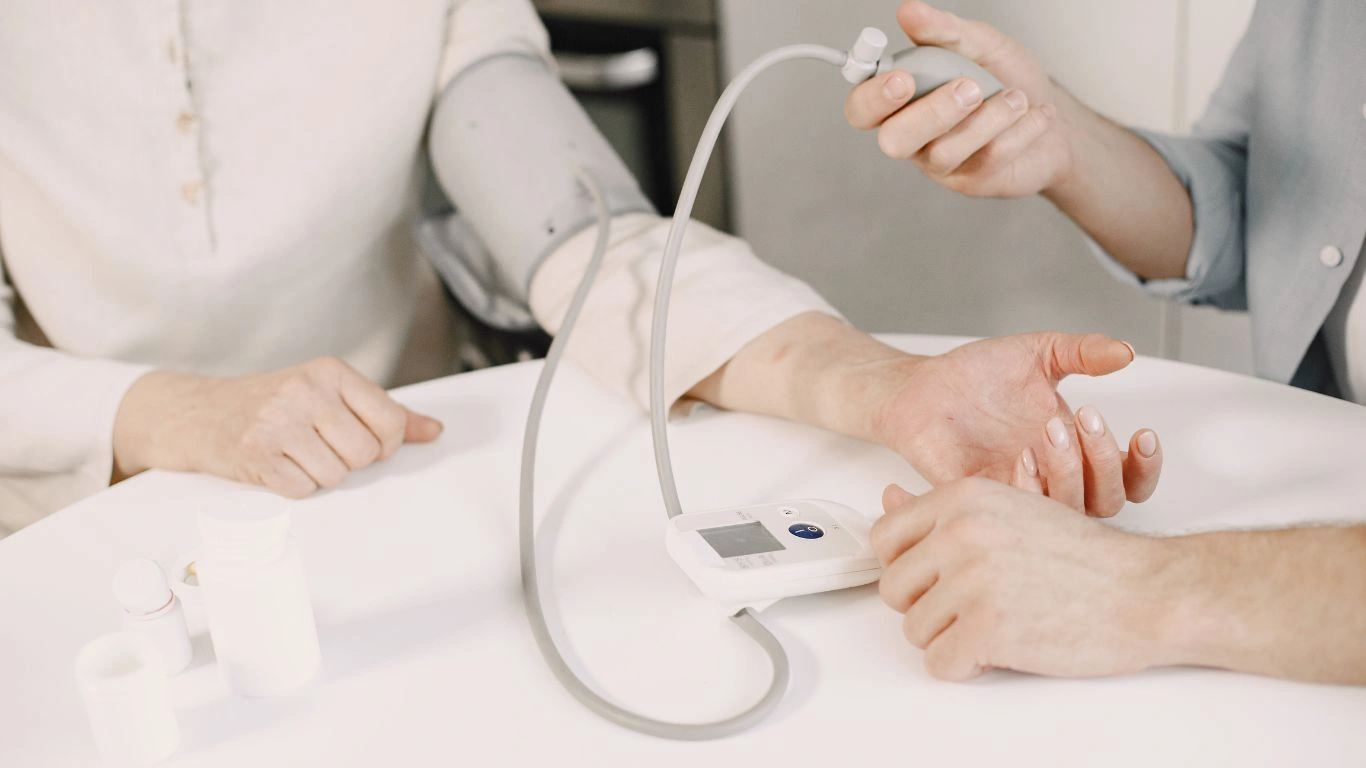
Here’s where the E-E-A-T part (Experience, Expertise, Authority, and Trustworthiness) really kicks in. As someone who counsels patients with hypertension day in and day out, I’ve seen how tiny lifestyle shifts—like switching beverages—can have ripple effects.
So let’s look at this from a *real-life*, not just clinical perspective:
1. Sparkling Water Can Be a Healthy Swap
If it’s helping you avoid sugary drinks or limit alcohol, that’s a huge win. One of my patients, a long-time cola drinker, transitioned to lime-flavored sparkling water and managed to cut her daily sugar intake in half. That alone improved her insulin resistance, reduced her waist circumference, and yep—lowered her blood pressure by about 10 points over a few months.
Takeaway? When sparkling water is used as a substitute for less healthy beverages, it’s doing more good than harm. Just make sure you’re picking clean, sodium-free versions.
2. But It Can Become a Crutch
This might sound counterintuitive, but sparkling water can sometimes get in the way of drinking enough *still* water. A couple of my patients mentioned that once they started drinking sparkling water regularly, they stopped drinking plain water altogether because they didn’t “like the taste anymore.” And that’s not ideal.
As bubbly as sparkling water is, it doesn’t always hydrate quite as efficiently. Plus, for those with gut sensitivity or GERD, carbonation might irritate the stomach lining or worsen reflux—both of which can be indirectly stressful for your cardiovascular system.
Pro Tip: Mix it Up
- Use sparkling water with meals as a treat.
- Stick to still water throughout the day to ensure consistent hydration.
- Try infusing still water with fresh herbs or fruits if plain water feels boring.
What About Bone Health and Heart Health Rumors?

This is one of those myths that just won’t die. Some people worry that carbonation can leach calcium from bones or cause heart problems over time. Here’s what the actual science says:
- Carbonated water (without phosphoric acid) doesn’t harm your bones. The concern came from studies on colas that contain phosphoric acid—not plain seltzer or mineral water.
- There’s no proven link between sparkling water and weakened bone density or heart disease—again, assuming you’re not drinking sugar- or sodium-loaded versions.
That said, some mineral waters do contain calcium and magnesium, which might actually support bone and heart health. But again, check the label.
Personally, I don’t discourage patients from enjoying a bubbly drink now and then—as long as it fits into the big picture of their diet and lifestyle. I always say: context matters more than perfection.
When Sparkling Water *Might* Not Be Ideal
1. For People with Advanced Kidney Disease
Some sparkling waters are high in minerals like sodium, potassium, or phosphorus—electrolytes that need to be tightly regulated in patients with CKD (Chronic Kidney Disease). If that’s you, I’d recommend sticking to low-mineral options or just plain filtered water unless cleared by your nephrologist.
2. For Folks on Sodium-Sensitive Medications
Certain BP medications (like thiazide diuretics) already mess with your sodium-potassium balance. If you’re unknowingly adding extra sodium through sparkling drinks, you could be throwing your meds off without realizing it.
I’ve had at least three patients where we had to adjust meds purely because of hidden sodium in their daily beverages. It’s sneaky, but it happens.
3. If It’s Causing Digestive Issues
If you’re dealing with bloating, acid reflux, or irritable bowel symptoms, the carbonation might be doing more harm than good. I’ve found that in people with sensitive guts, even just one can of sparkling water can trigger a cascade of discomfort—especially when consumed on an empty stomach.
Final Thoughts on Making the Right Choice
The big takeaway here? Not all sparkling water is created equal. The answer to “Is sparkling water bad for hypertension?” depends on what kind you’re drinking, how often, and what else is going on in your lifestyle.
If you’re keeping it simple—no sodium, no sugar, no caffeine—sparkling water can absolutely be part of a heart-healthy routine. But if you’re relying on it too heavily or choosing the wrong kind, it could be quietly undermining your progress.
And as always—ask your doctor (or shoot me a message if you’re one of my patients!). There’s no one-size-fits-all answer, but there is a path that works for *you*.
How to Choose the Best Sparkling Water If You Have High Blood Pressure

Alright—by now you know the answer to “Is sparkling water bad for hypertension?” isn’t a simple yes or no. It really depends on the *type* of sparkling water, how often you drink it, and your unique health picture.
So how do you make a smart, pressure-friendly choice? Here’s what I recommend to my own patients (and honestly, what I do myself when I’m browsing the beverage aisle):
1. Flip That Can Over
Check the sodium content every single time. Some sparkling waters are naturally sodium-free, but others sneak it in—even ones marketed as “natural” or “mineral-rich.” Ideally, you want to see:
- 0mg sodium
- 0g sugar
- No artificial sweeteners or preservatives
I’ve seen patients unknowingly sipping 100+ mg of sodium per can just because the branding looked clean. Don’t be fooled by a pretty label.
2. Look for Clean Ingredient Lists
What’s on the can should be as close to “carbonated water” and “natural flavor” (preferably without additives) as possible. If the ingredient list reads like a chemistry lab, it’s not your friend—especially if you’re working on stabilizing your blood pressure.
3. Consider the Source
Some mineral waters can actually benefit blood pressure thanks to naturally occurring magnesium and calcium. The catch? You’ve got to choose low-sodium options and talk to your provider if you have kidney issues.
Brands like Gerolsteiner or San Pellegrino get a lot of buzz, but again, check those labels. They’re mineral-rich, yes—but not always low in sodium.
Smart Tips for Enjoying Sparkling Water Without the Risks
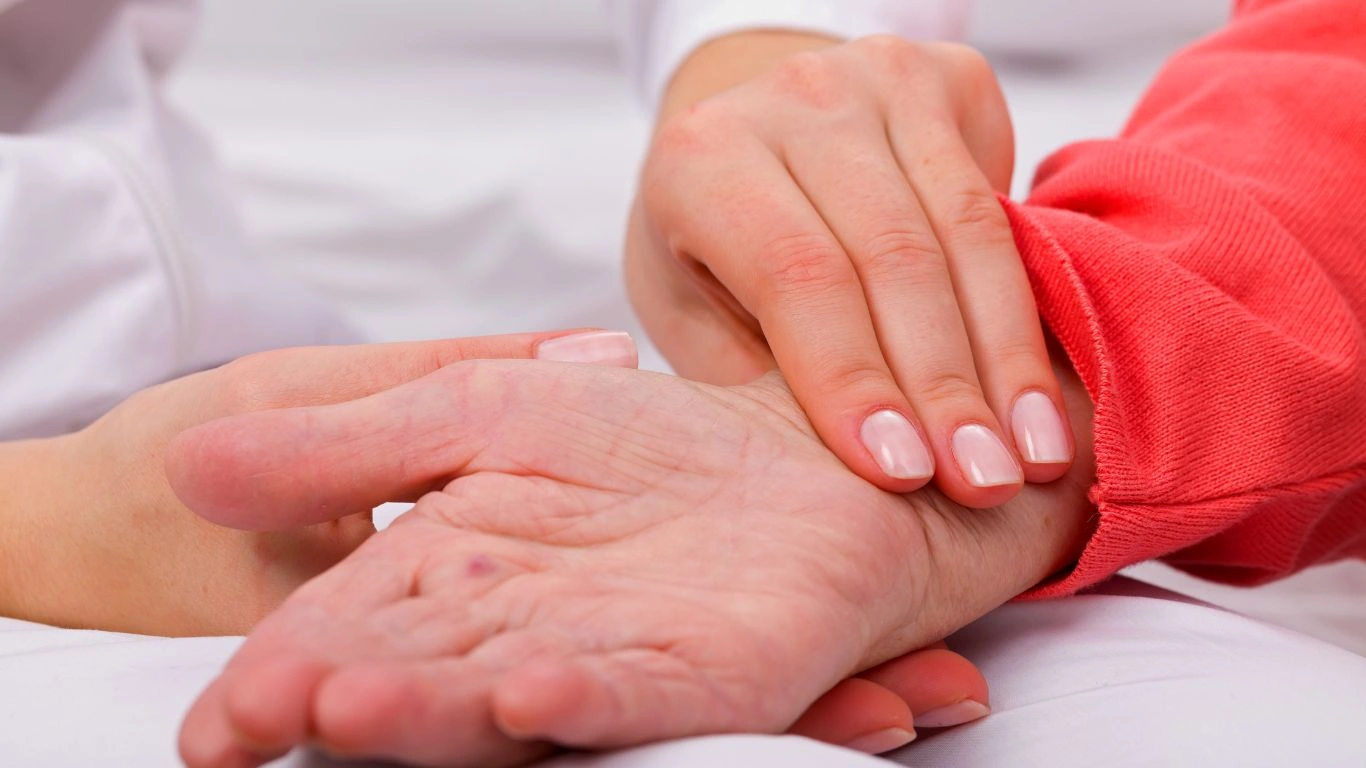
So if you’re a fan of the fizz (no judgment—I am too), here are some easy ways to keep it part of your routine without raising your blood pressure:
- Limit it to 1–2 servings per day. Think of sparkling water as a fun, refreshing drink—not your main source of hydration.
- Alternate with still water. Especially during meals or if you’re taking BP meds that require good hydration.
- Add your own flavor. A squeeze of lemon or a few cucumber slices can jazz up plain water without any of the additives.
- Use glass bottles or BPA-free cans when possible. Some early research suggests long-term exposure to certain plastics may influence metabolic markers.
And maybe the biggest tip? Listen to your body. If sparkling water makes you feel bloated, dizzy, or just “off,” it’s okay to scale back. Hydration should never feel like a chore—or a symptom trigger.
What I Tell My Own Patients (And Practice Myself)
When I talk with patients about their beverage habits, it’s rarely just about the drink. It’s about the rituals, the cravings, the emotional connections we have to what we consume. Sparkling water often becomes a replacement for soda, wine, or even coffee—and that’s not nothing.
I had a patient—let’s call her Dana—who used sparkling water as a stand-in for her evening glass of red wine. It gave her that same feeling of “winding down,” minus the alcohol, and she stuck with it. Her blood pressure improved. Her sleep got better. And her stress levels evened out. That’s the kind of domino effect we want.
So if sparkling water helps you make better overall lifestyle choices? I’m all for it. Just remember—no added sodium, no sneaky sweeteners, and moderation is key.
When to Talk to Your Doctor About It
Most people don’t need to worry too much about their sparkling water habit—as long as it’s clean and consumed in moderation. But there are a few cases where you *should* bring it up at your next visit:
- You have kidney disease, heart failure, or electrolyte imbalances.
- You’re experiencing bloating, dizziness, or reflux after drinking sparkling water.
- Your blood pressure has plateaued despite lifestyle changes and medication.
It’s always better to mention it than to assume it’s not important. I’ve had more than one patient where sparkling water was the missing puzzle piece in a confusing BP picture.
So, Is Sparkling Water Bad for Hypertension?
If you’re drinking clean, sodium-free, additive-free sparkling water in moderation—no, it’s not bad. In fact, it can be part of a healthy, balanced routine. But if it’s loaded with sodium, artificial junk, or displacing your actual water intake, then yes, it might be quietly making things worse.
And like with everything in medicine, it comes down to personalized care. Your lifestyle, your meds, your labs—all of it matters. That’s why I always encourage open conversations with your healthcare provider. Bring the can to your appointment if you’re unsure. We’ll look at it together.
Bottom line? Bubbles are fine—just keep them clean, keep them simple, and don’t let them replace what your body really needs.
References
- National Institutes of Health
- Health.com
- Centers for Disease Control and Prevention
- American Heart Association
Disclaimer
This article is for informational purposes only and does not substitute for professional medical advice, diagnosis, or treatment. Always seek the guidance of your physician or other qualified health provider with any questions you may have regarding a medical condition. Never disregard professional advice or delay seeking it because of something you have read here.

Dr. Gwenna Aazee is a board-certified Internal Medicine Physician with a special focus on hypertension management, chronic disease prevention, and patient education. With years of experience in both clinical practice and medical writing, she’s passionate about turning evidence-based medicine into accessible, actionable advice. Through her work at Healthusias.com, Dr. Aazee empowers readers to take charge of their health with confidence and clarity. Off the clock, she enjoys deep dives into nutrition research, long walks with her rescue pup, and simplifying medical jargon one article at a time.



